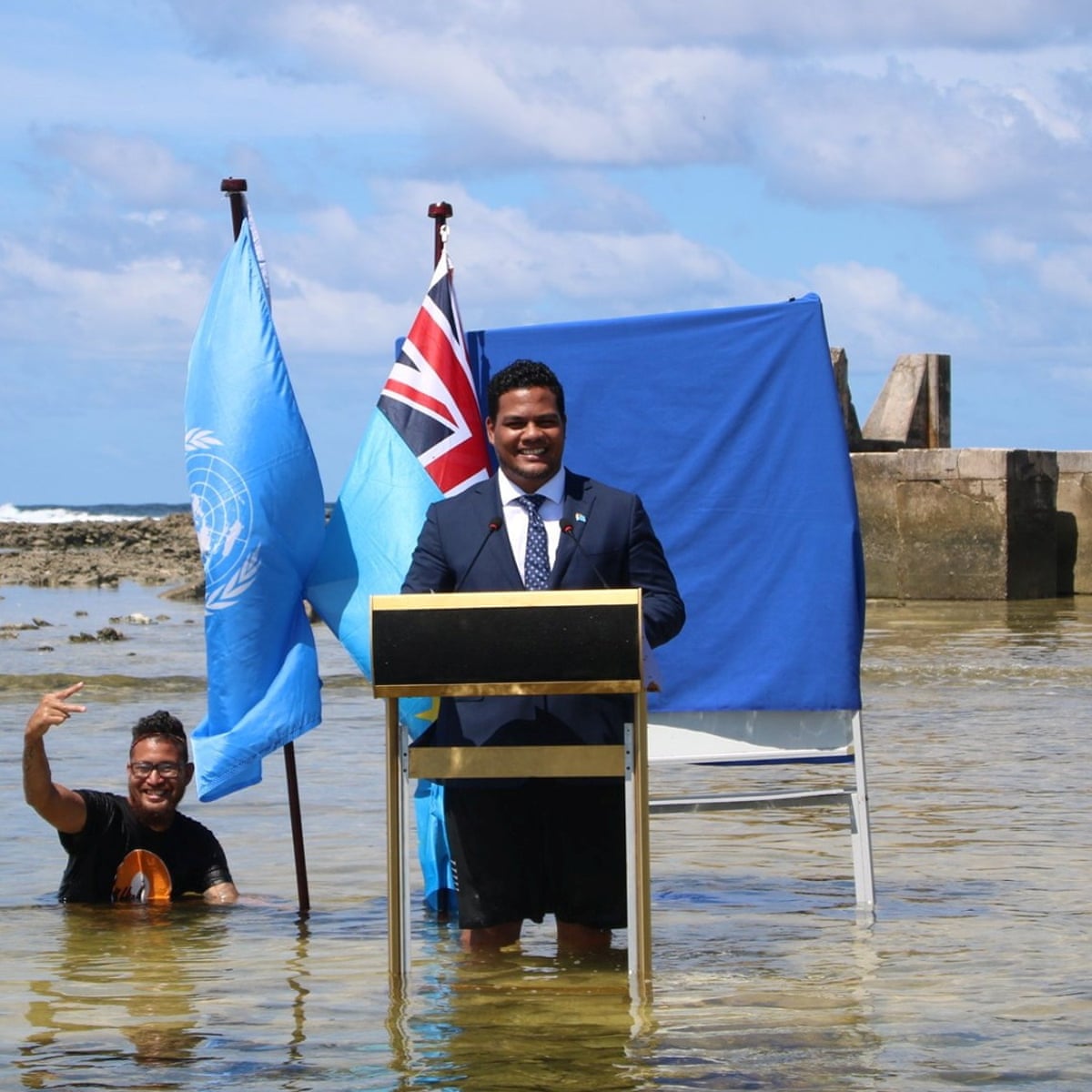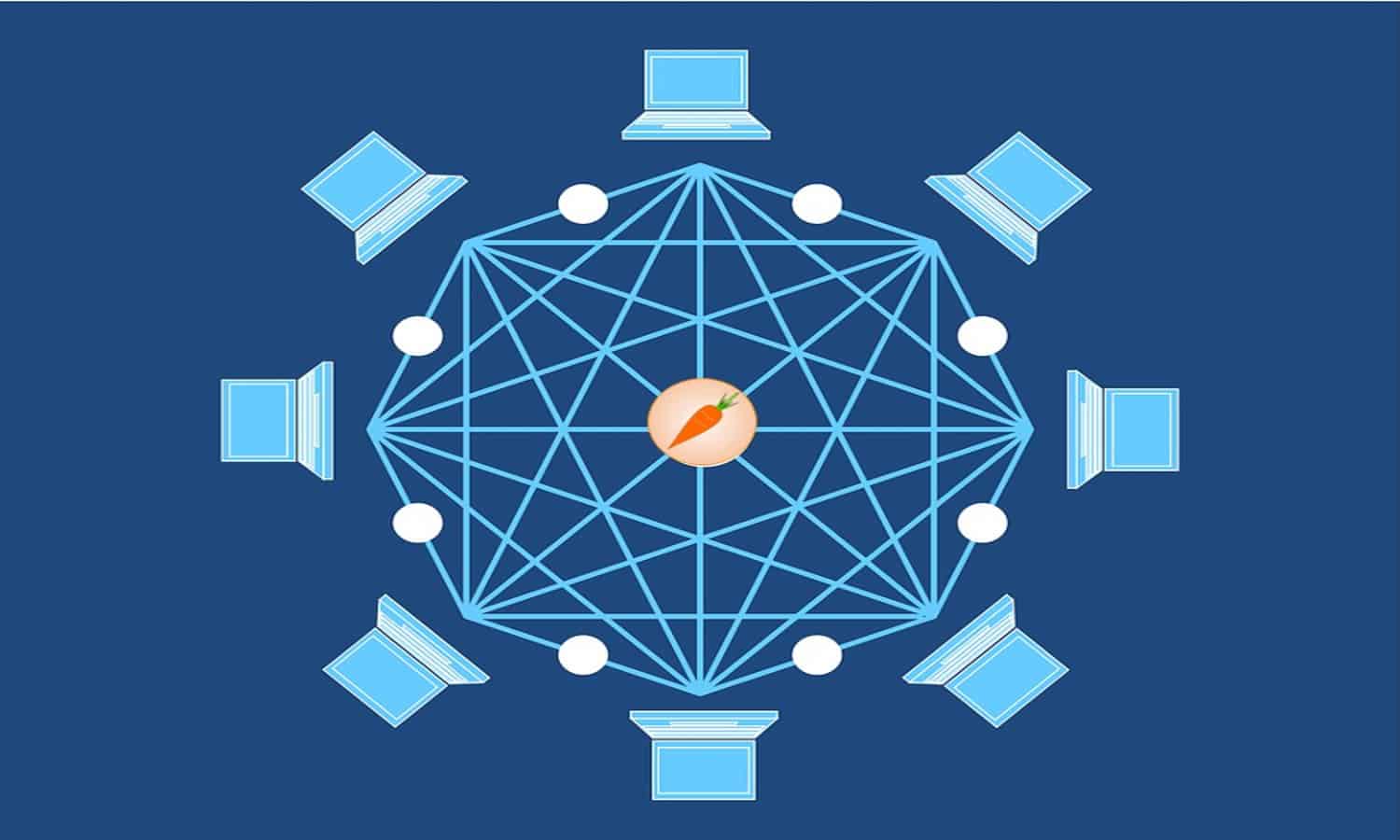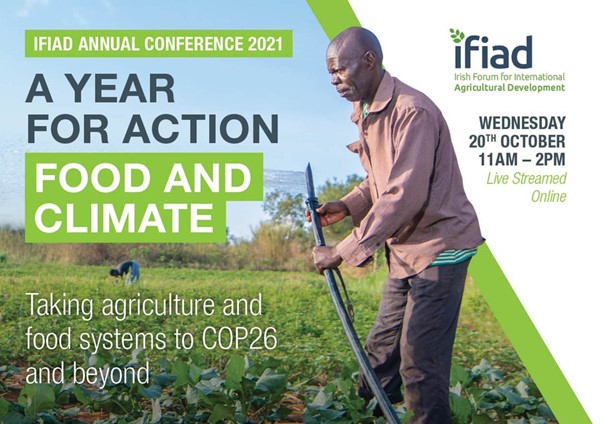In a time marked by escalating climate impacts, climate anxiety, and uncertainty, mounting attention has been brought to the urgent needs of climate-vulnerable countries. Developing countries and small island nations are bearing the brunt of devastating storms, rising sea levels, and dwindling crop yields, despite not being responsible for a large portion of the greenhouse gas emissions that have induced climate change.
What is the BLOCK against using Circular Economy to Build Back Better after Covid-19?
After the World Health Organisation (WHO) declared a novel coronavirus, ‘Covid-19’, a pandemic on the 11th of March 2020, a sprawling path of destruction soon followed. Government-imposed mandatory lockdowns restricting the movement of millions to isolate and limit cases ultimately saving the lives of many but concurrently gave rise to a severe increase in poor, unemployed and food-insecure people, exposing the vulnerabilities of global systems, disrupting global supply chains and the core sustaining pillars of modern world economies, causing the global economy to contract at a rate not seen since World War II (FAO, 2021).
“Key Issues for Sustainable Food Systems and Climate Action raised at the IFIAD 2021 Annual Conference”
Stimulating, engaging, and thorough discussions surrounding the interconnectedness of food systems and climate action were thrashed out at the IFIAD 2021 Annual Conference. This year’s conference was based on the theme of “A Year of Action: Food and Climate. Taking agriculture and food systems to COP26 and beyond” in celebration of World Food Day and to continue the building momentum of the Food Systems Summit’s urgent plea to place food systems at the centre of climate discussions to carry forward into COP26.


